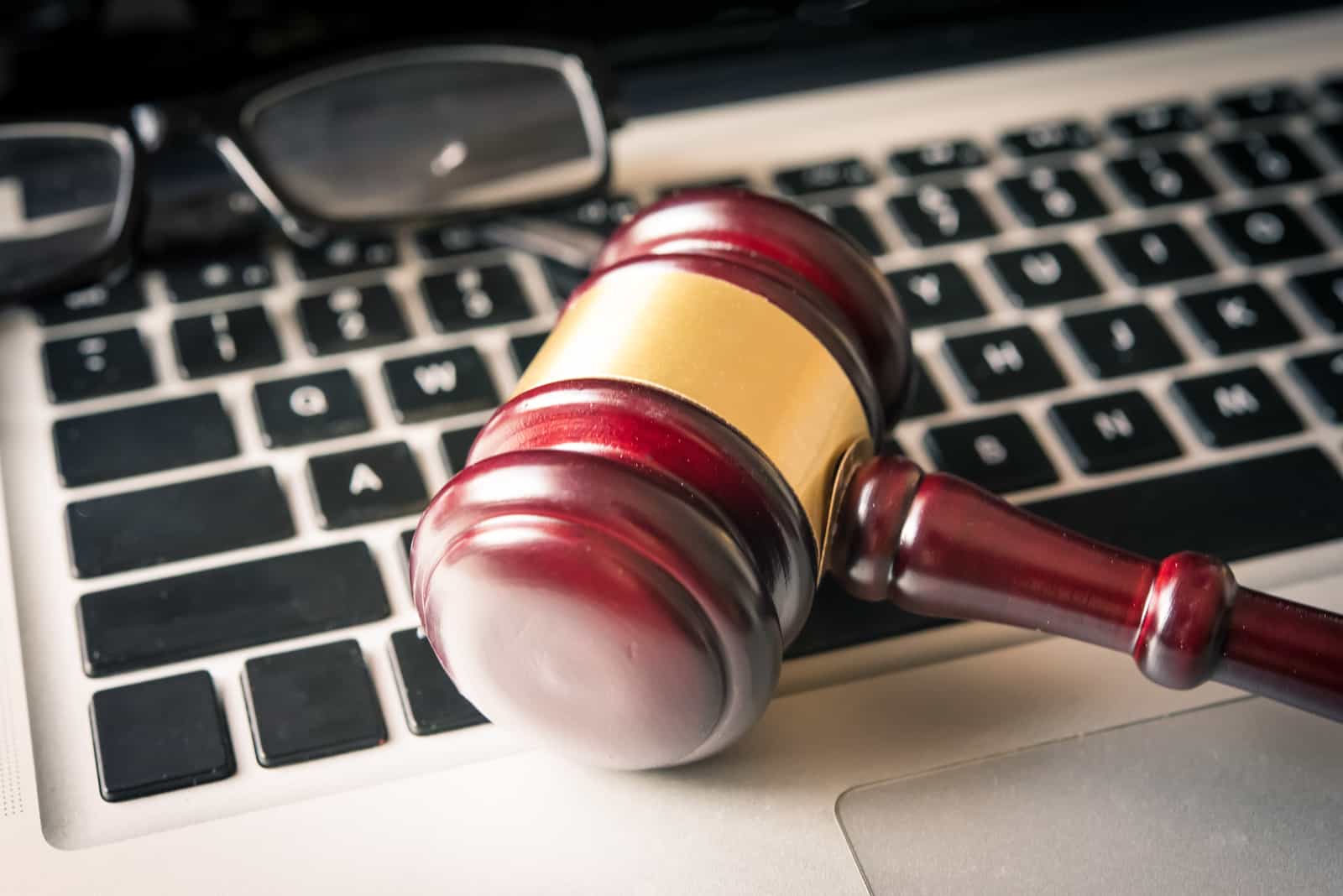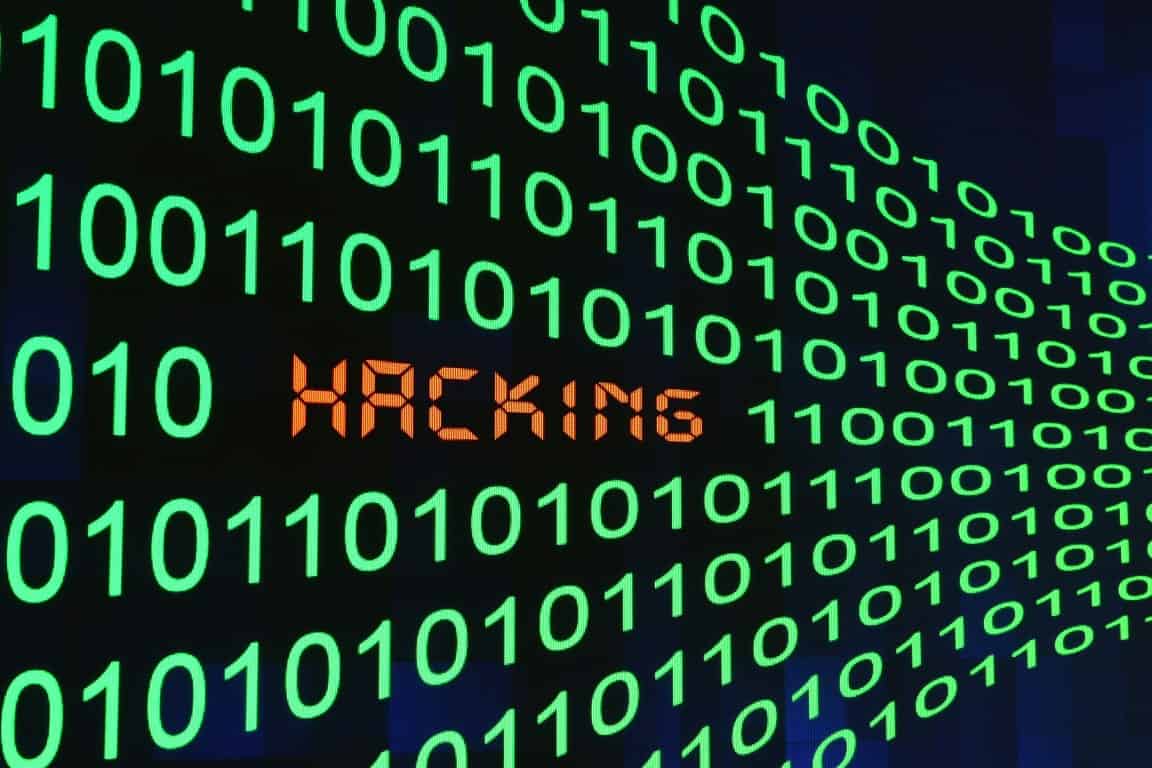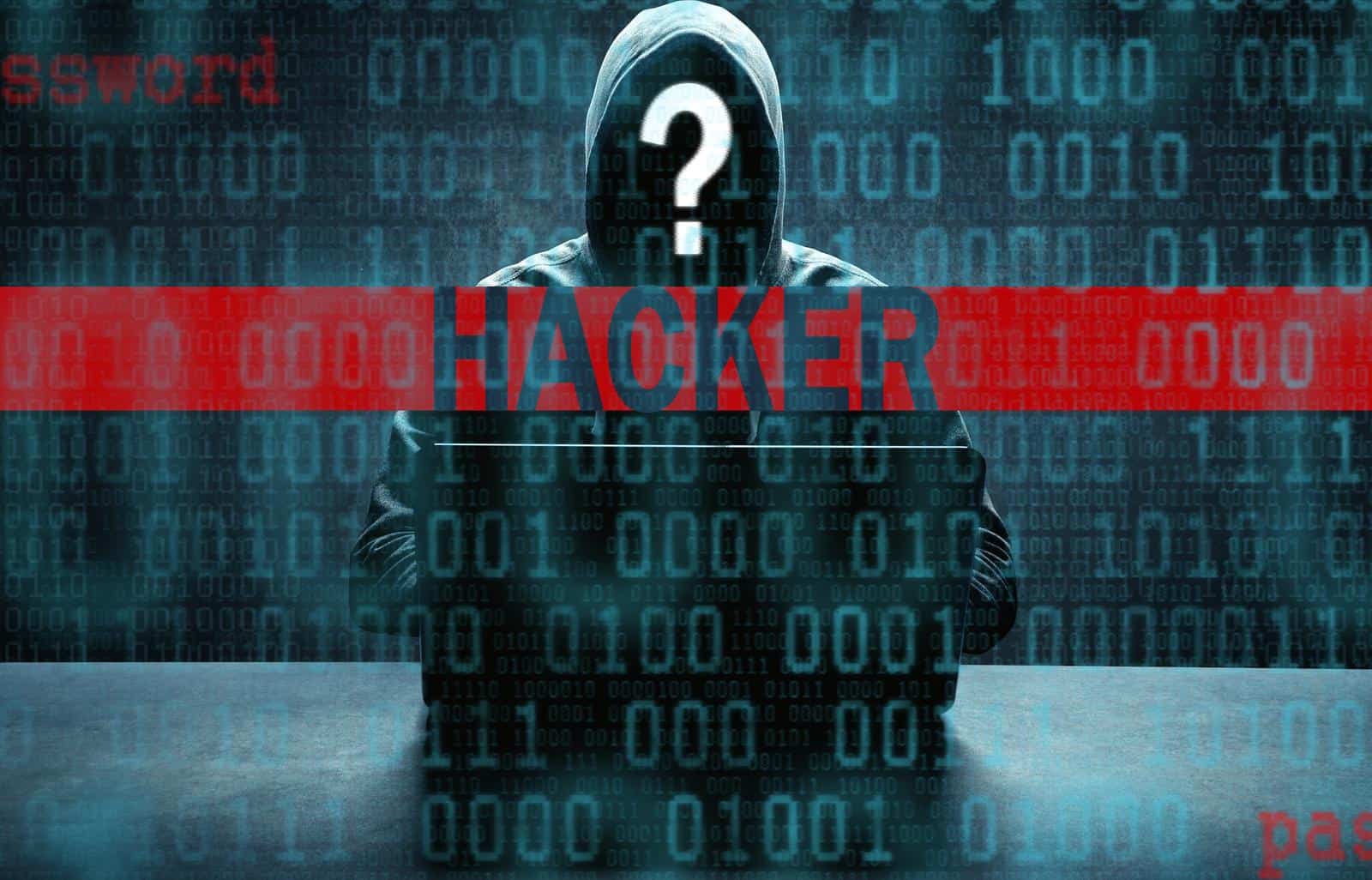
Living in the virtual world has facilitated many aspects of our daily lives, yet it still comes with a hefty price. The digital world has had our private information and sensitive data displayed on several online platforms. Some of them may seem quite harmless, but criminals have their own ways to use personal information about you to commit some hideous cybercrimes.
This brings us to the definition of cybercrime, what is it really? Well, apparently, cybercrime is a term used to describe the practice of any illegal actions in the cyber world. With the everlasting evolution of the digitized world, cyber crimes are growing bigger and stronger. Cybercriminals use their wits to find new ways to commit their crimes for their own interest.
It became nearly impossible to be totally hidden and have no relation to the digital world when a large part of our lives became dependent on it. Instead of trying to hide away, get acquainted with the different methods criminals use to commit crimes.
There are also lots of cybersecurity measures to apply to make sure you stay safe and keep your confidential information away from the hands of hostile criminals. Here is your full guide to the types of cybercrimes and the best ways to avoid being a victim of cybercrime.

Types of Cybercrime
Cybercrime comes in different forms and shapes, all of which are harmful and abusive in the same manner. Here are the top four examples of cybercrime that criminals use to launch their malicious attacks:
Cyberbullying
Unfortunately, bullying has gone beyond the physical world, finding its way through the internet. Online bullying includes sharing negative or offensive comments on someone, sending unwanted content, or publicly posting personal information that should have remained disclosed (doxxing). There aren’t always legal actions that can be taken against this kind of cybercrime, but that doesn’t change the fact that it remains a crime that inflicts mental damage upon the victim.
Phishing
Phishing is the most common type of cybercrime that was brought into being since the beginning of the internet era. This typically involves sending scamming messages or impersonating emails to trick someone into sharing private data. Phishing is deemed among the malware attacks that cybercriminals launch. It can also be in the form of an email attachment or link that seems harmless but downloads a malicious code once downloaded or clicked.
Identity Theft
Identity theft is an actual crime in the real world and it is no different on the internet. The evolution of technology has come with hefty prices despite the many advantages it bestowed upon us. Stealing one’s identity in the cyber world is much easier since you can create accounts under the name of the victim. Cybercriminals usually use this method after stealing financial information, using the victim’s identity to make online purchases and committing other fraudulent crimes.

Hacking
Hacking is undoubtedly a cybercrime that deserves severe punishments for jeopardizing the safety and security of individuals on the internet. This type of cybercrime needs no definition; it is everyone’s nightmare, especially those who own businesses. There are several methods of hacking that criminals use to get what they want, let alone the existence of different types of hackers. While hacking can be used with good intentions, it is mostly used to commit crimes.
Tips to Avert Cybercrime
Cybercrime is still a crime and just because it happens beyond the physical world doesn’t make it any less vindictive. Unfortunately, not all cybercrimes can be taken legal action against, especially since many of the methods that criminals use can be legal ones.
Everyone has an actual presence in the digital world now and this means having lots of private data be available for criminals to use against you. No matter how harmless this information seems, hackers and cybercriminals have deceptive skills that enable them to jeopardize your safety.
The good news is that applying sturdy measures of safety and security goes a long way in keeping you safe. Consider applying as many of these tips as possible to keep your private data protected and safely tucked away from abusive users.
Use Strong Passwords
Cybercriminals are quite skilful in stalking someone, obtaining information about the interest of this person, and then guess their personal passwords. Once they lay hands on the victim’s passwords, they can commit all sorts of cybercrime with great ease. This is why using a strong password is always recommended when you are signing up on any platform. Passwords that include symbols, numbers, uppercase, and lowercase letters are deemed strong.
Keep Your System Updated
It is always essential to keep your system and software up-to-date. Every time new versions are released, they fix the errors and bugs found in the older versions. When you turn a blind eye to this important practice, your system becomes prone to hacking and malicious attacks. Old systems and software have vulnerabilities that enable hacker to find their way into your private data.
Use Virtual Private Network (VPN)
VPNs are important to protect your device and network, especially when you use public networks. Networks in public places like restaurants and cafes can be the criminals’ permission to commit cybercrime. These networks are not secured, allowing third-party attacks to be easily launched.
Install an Antivirus Software Program
Antivirus programs are more essential than many people give them credit. Make sure you always install new versions of the best antivirus software programs to help avert attempts of cybercrime. They have many functions that include detecting malware and working on getting rid of it, and installing a firewall to build a protective shield against attackers.

Don’t Use Untrusted Websites
Using untrusted websites can be fairly risky. Many criminals plant malicious codes or pop-up adware on illegitimate websites, so when the victim clicks on them, malware is installed on their system. Those websites are solely established to ease cybercrime, so make sure you don’t become a victim of it.
Watch Out for Spam Emails
Phishing is the most common attack that criminals use to pry on individuals’ private data and sensitive information. They usually send spam emails, impersonating trusted sources or acquaintances of the target, encouraging them to share some personal information. In many cases, the spam emails contain malicious links or infected attachments that wait to happen when the target falls victim to the trick.
Don’t Forget Regular Data Backups
It is important to have your data regularly backed up for when cybercrime already occurs. When you have your data backed up on an external hard drive, you won’t be frustrated if the cybercriminal launches a breach attack on your system.
Report Suspicious Requests
If you receive messages or requests that seem suspicious to you, make sure you report them to the platform on which you receive them. It is also better if you document the incident by taking screenshots to ensure actions are taken against the offenders.
Manage Your Privacy Settings on Social Media
Social media platforms share lots of personal information about individuals. Leaving your information displayed to the public is like giving permission for cybercrime to take place with minimal effort. Make sure you adjust your privacy settings on different social media platforms and maximize them as much as you can. Also, avoid oversharing your personal information on the digital world, like photos of families and friends, so you don’t fall victim to doxxing.
Use Different Credentials to Different Platforms
It is tempting to use the same username and password for all of your email accounts, social media platforms, and online banking accounts. However, this can put you at great risk of theft and other forms of cybercrime. Try to use different credentials across your accounts, so cyber criminals don’t easily get access to all of your private accounts.
